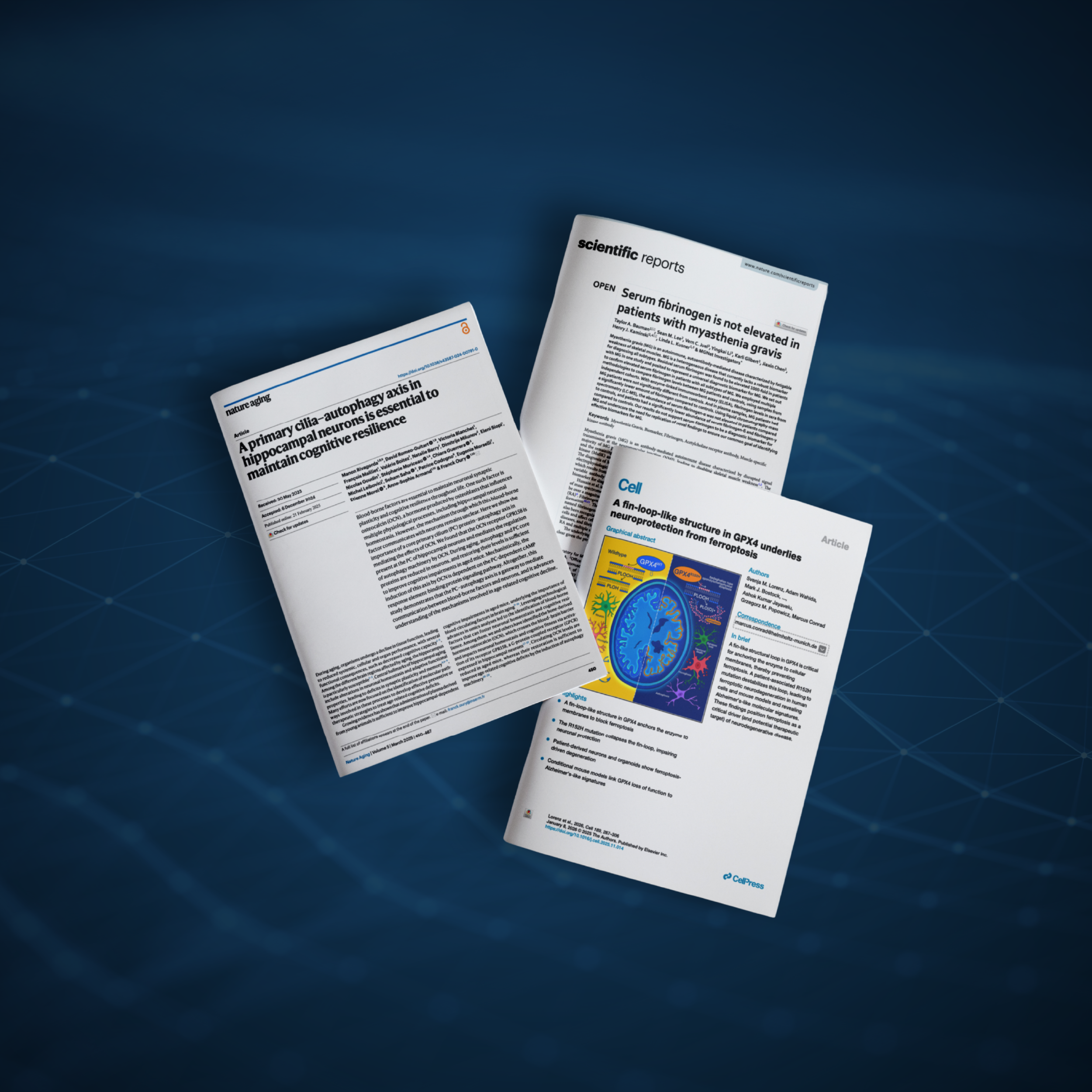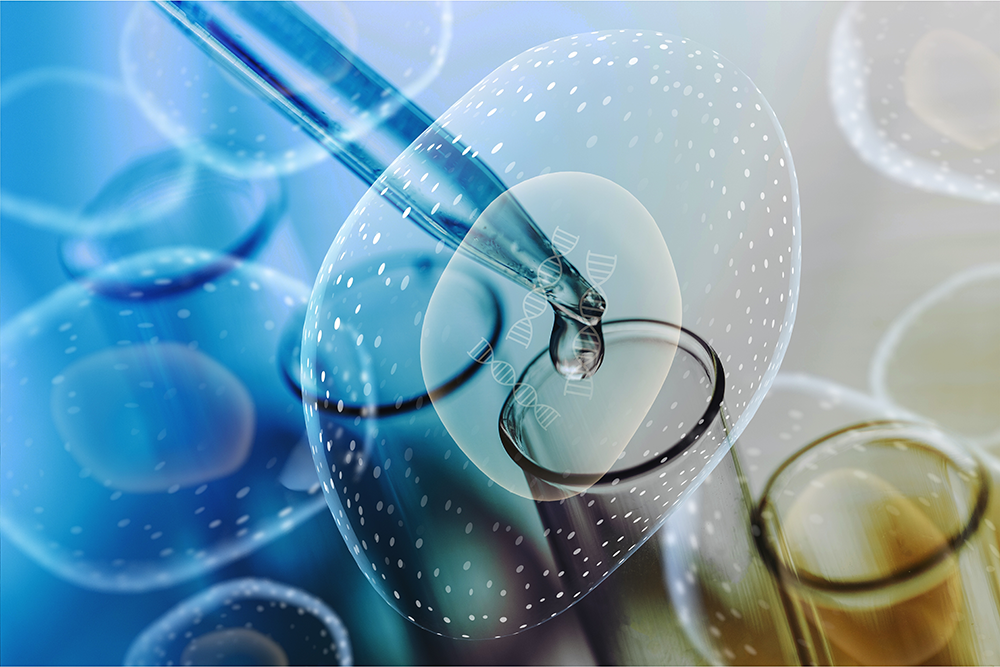Introduction
Bottom-up proteomics has emerged as a vital technique for identifying and quantifying proteins in complex biological samples. By digesting proteins into peptides and analyzing them through mass spectrometry, researchers can uncover critical insights into protein composition, structure, function, and interactions. However, as the scale of proteomic studies expands, so does the need for efficient, high-throughput sample preparation workflows. These workflows are essential not only for processing large numbers of samples but also for enhancing the reliability and reproducibility of results.
One key step in this process is peptide cleanup, where positive pressure systems can significantly improve throughput, efficiency, and consistency. The ability to ensure controlled and uniform sample processing is crucial for achieving high-quality data in proteomics research. This blog discusses the importance of positive pressure in peptide cleanup and introduces a fast, reliable, and efficient solution that streamlines this process for high-throughput applications.
The Challenge
Traditional manual preparation of proteomics samples presents numerous challenges. The process is time-consuming, labor-intensive, and prone to variability, especially when handling large numbers of samples. These issues are particularly problematic in large cohort studies, where high sample throughput and consistent data quality are critical. Also, inconsistencies in sample handling, risks of contamination, and potential human errors further complicate the workflow, leading to reduced reproducibility and reliability of the results.
In peptide cleanup, consistent sample processing is essential to avoid loss and ensure accurate downstream analysis. Manual methods, relying on gravity or centrifugation, often fail to provide the level of control needed to process samples uniformly. This lack of control can lead to variability in peptide recovery, directly impacting the accuracy and consistency of mass spectrometry results.
The Solution
To address these challenges, PreOmics has developed the iST-PSI kit, an innovative solution that combines the simplicity of iST technology with the advantages of positive pressure plate processing. Positive pressure has been shown to improve peptide recovery and reproducibility, making it a superior method compared to traditional negative pressure or centrifugation techniques.
The iST-PSI kit is designed for seamless integration with all the major liquid handling and positive pressure systems in the market. We specifically showcased implementation on the Freedom EVO® 100 combined with Resolvex® A200, and also Hamilton Vantage equipped with the MPE2 positive pressure module. These integrations offer a high-throughput sample preparation workflow that addresses the limitations of manual processing. Moreover, PreOmics customers are using the iST-PSI kit on the TECAN M10 and the recently launched i300. Other compatible positive pressure systems are the Waters Otto SPEcialist Positive Pressure Manifold and the Beckman Amplius Positive Pressure integrated in the Biomek i5 or i7.
Key benefits of the iST-PSI kit and its automation include:
1. Automation of Critical Steps: The iST-PSI kit automates essential stages of sample preparation, such as peptide cleanup, including lysis, reduction, alkylation, and digestion. By minimizing manual intervention, the kit ensures that each sample is processed uniformly, enhancing reproducibility across large batches of samples.
2. Increased Throughput: Automation allows researchers to process up to 96 samples simultaneously, significantly improving efficiency. The streamlined workflow reduces preparation time from days to just a few hours, making it feasible to conduct large-scale studies without compromising data quality.
3. Improved Data Quality and Consistency: Standardizing sample preparation through automation reduces the risk of contamination and human error. This leads to more consistent peptide yields and higher confidence in protein identification, which are crucial for reliable proteomics research.
4. Seamless Integration: Compatible with all the major liquid handling and positive pressure systems in the market. The platform also supports walk-away operation, reducing hands-on time while ensuring precise and accurate sample preparation.
Conclusion
Automating the iST-PSI sample preparation workflow with TECAN or other major manufacturing systems transforms bottom-up proteomics by combining high throughput with exceptional reliability and consistency. This integration accelerates the preparation process and significantly enhances data quality. The automated workflow ensures efficient protein digestion and peptide purification, achieving reproducibility comparable to or exceeding traditional manual protocols. Capable of processing up to 96 samples per run, the automated iST-PSI workflow drastically reduces manual processing time and minimizes operator errors.
By adopting this advanced automation and positive pressure processing, laboratories can achieve higher throughput, improved data quality, and more reliable results, driving advancements in drug discovery, clinical research, and beyond.



.webp)








